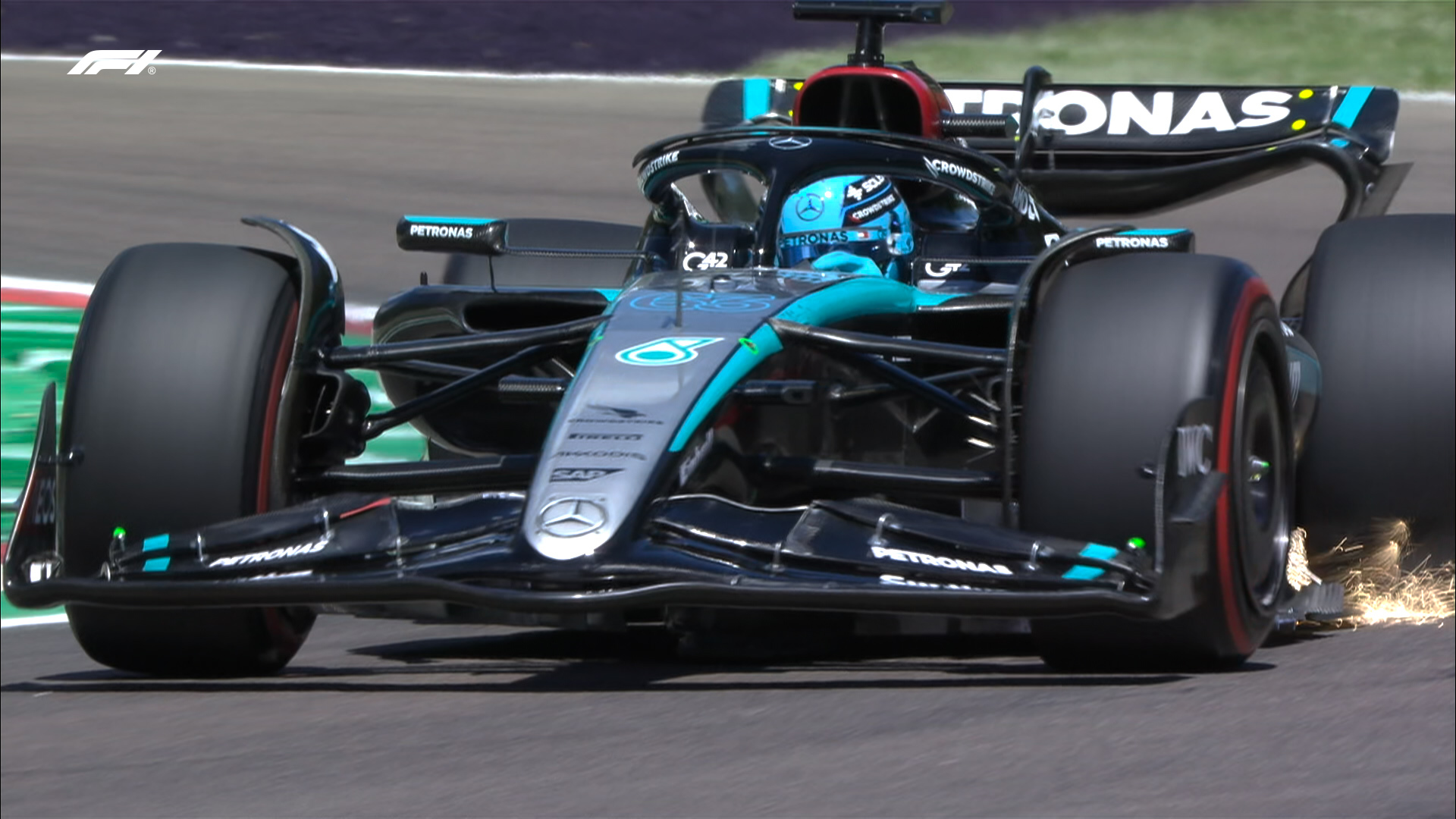Activision has just dropped a detailed bombshell by revealing the inner workings of skill-based matchmaking. This controversial algorithm-driven mechanic has seemingly plagued Call of Duty users for years – and now, a grand reveal has shaken things up. This breakdown was promised by Activision months ago, and now that it’s here, some all-important questions have been answered. In a lengthy blog post, Activision broke down everything you could need to know about matchmaking in Call of Duty – finally.
So, read on to learn everything about SBMM. It’s about time we had this information laid out on the table. There are some tidbits below that may surprise you, too.
Skill-Based Matchmaking Revealed For All

In the blog post, Activision takes a deep dive into all things matchmaking-related.
It was stressed that the biggest contributor to the matchmaking algorithms is connection. It’s the most important factor; the matchmaking process tries to align you with the best data centres based on your ping and pair you up with similarly equipped players. Behind that, it was said that ‘time to match’ is the next most important factor, which is being constantly tweaked to give players as little time waiting for a match as possible. In total, there were eight areas outlined by Activision as contributing to the ‘multiplayer matchmaking process’:
- Connection
- Time to Match
- Skill/Performance
- Platform
- Voice Chat
- Input Device
- Recent Maps/Modes
- Playlist Diversity
However, a lot of weight is also given to skill – and this is where ‘skill-based matchmaking’ starts to get fleshed out. In the sizeable blog post, Activision highlighted several elements of a player’s profile that are taken into consideration by SBMM: kills, deaths, wins, losses, accuracy, and more. It was detailed as being a ‘fluid measurement’ that’s always being updated as you play, and it’s not just used when matching you with opponents, but also teammates.
Surprisingly, Activision confirmed that skill-based matchmaking has existed since 2007 with the release of Call of Duty 4: Modern Warfare. This was the first ‘big’ multiplayer game for the Call of Duty series, and since it dropped, these algorithms have remained in a constant state of flux. Through SBMM, Activision tries to ‘ensure that the disparity between the most skilled player in the lobby and the least skilled player in the lobby isn’t so vast.’
Answering The Important Questions
There were various key questions called out and answered by Activision in the blog post. For instance, it was stressed that player engagement time (time played) isn’t a factor when it comes to matchmaking, nor is the amount of money a player has spent on bundles and skins. It was also made clear that skill-based matchmaking doesn’t have an impact on hit registration, visibility, aim assist, or damage – which has long been a claim by beleaguered players.
Activision confirmed that it never uses bots in Call of Duty’s multiplayer modes, and streamers or content creators do not get any preferential treatment. That has been a claim made by envious viewers for the longest time, especially when watching ‘partnered’ streamers broadcast their content.
Finally, Activision stressed that it’ll continue to refine these algorithms over time to avoid ‘sweaty’ lobbies. Tests have been carried out in the past to remove SBMM entirely from some game modes, but it has reportedly ended in decreased retention, which is something Activision understandably wants to avoid.
So, there it is – it’s all out in the open.
For more Call of Duty news, Esports.net

















You must be logged in to post a comment Login